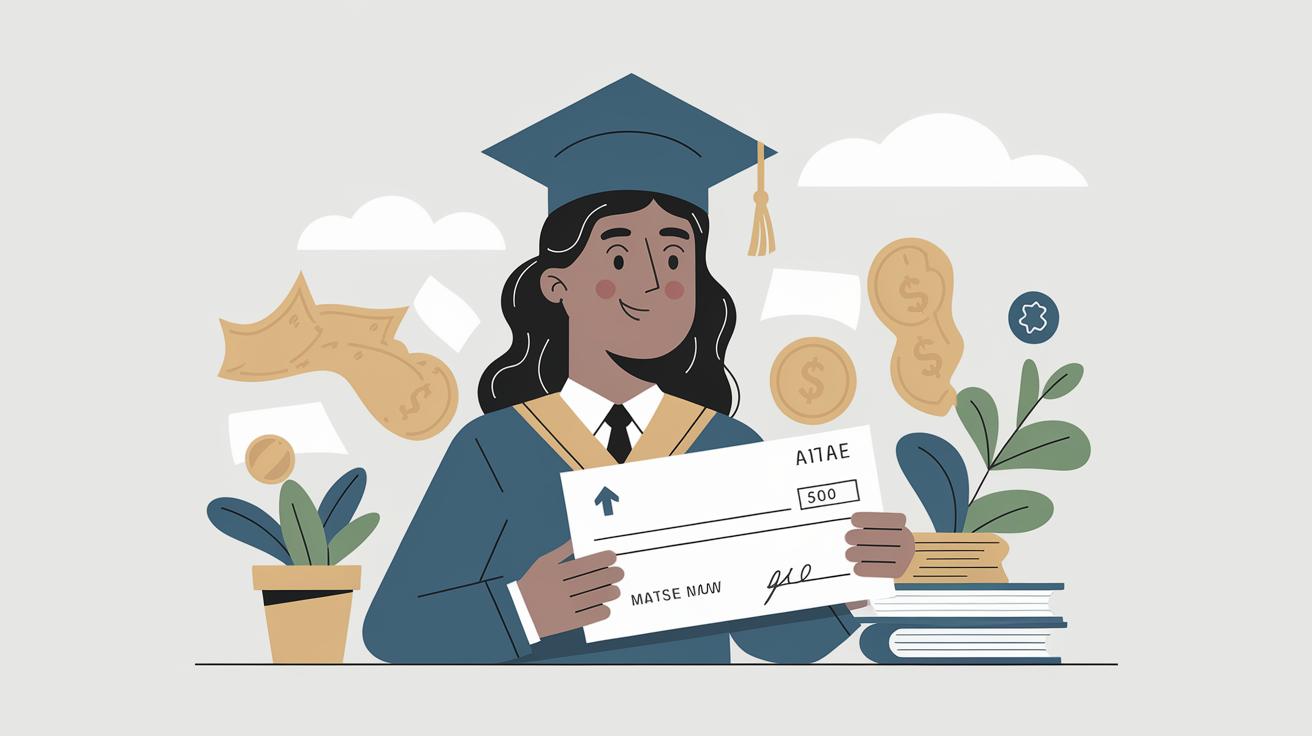The Intersection of Driver’s Licenses and Student Loans
In recent years, states have adopted punitive measures to ensure the repayment of student loans, including revoking driver’s licenses. This blog post explores the implications of such policies, examining the complex interplay between education financing and state regulations. Through various lenses, including insights from NPR Ed, activist movements, and notable projects like The Howard Project, we unravel the broader educational landscape. We’ll address how, despite the invaluable nature of education, the cost of obtaining a college degree remains a significant burden for many. We will also highlight a concerning trend where student tuition fees begin outpacing state funding for public colleges. Ultimately, this discussion sheds light on the pressing need for innovative solutions that balance educational objectives with financial realities.
NPR Ed
NPR Ed provides a comprehensive look into the controversial policy decision to revoke driver’s licenses due to unpaid student loans. Their reports highlight the paradox of this approach—while intended to enforce loan repayment, taking away a person’s ability to drive can further hinder their financial stability. For many, driving is essential for commuting to work or school, making the loss of this privilege a debilitating penalty.
Furthermore, NPR Ed underscores the inconsistencies across state lines with such policies. While some states have enacted these measures, others are revoking them, acknowledging their counterproductive nature. This disparity creates a patchwork legal landscape that is challenging for borrowers to navigate and raises important questions about the ethics and efficacy of punitive financial enforcement.
Activists Stop Paying Their Student Loans
A growing number of activists have chosen to stop paying their student loans, seeing this as a form of protest against a broken financial system. For many, this decision is rooted in a belief that the student loan system is inherently unjust, disproportionately affecting low-income students and marginalized communities.
These activists aim to shed light on the cycle of debt that cripples many graduates, rendering them unable to progress financially and socially. By refusing to pay, they hope to galvanize broader societal reform that addresses the root causes of student debt and fosters a more equitable educational landscape.
The Howard Project
The Howard Project is a pivotal initiative that examines how debt impacts students even after graduation. Named after Howard University, a historically black college, the project explores the intersectionality of race, socioeconomic status, and student loans. It highlights how students of color disproportionately bear the burden of educational debt.
Through a combination of data analysis, personal testimonies, and systemic critique, The Howard Project details the struggles and resilience of these students. It advocates for policy changes that account for historical inequities and aims to mobilize both community and legislative support for meaningful reform.
Education May Be Priceless, But A College Degree Isn’t
While education itself is often considered invaluable, the financial cost of acquiring a college degree has become prohibitively high for many. This dichotomy points to the broader issue of educational access and affordability that plagues the higher education system.
The escalating cost of tuition, coupled with the necessity of a degree in the modern job market, forces many students into debt. This unfortunate reality diminishes the perceived value of a college degree, as the financial burden outweighs the benefits for numerous graduates.
The Two-Way
The ongoing dialogue around student loans and driver’s licenses reveals a tug-of-war between policy enforcement and personal freedom. On one hand, states utilize license revocation as a tool to ensure compliance with loan repayments; on the other, this strategy often leads to unintended consequences that inhibit economic mobility.
This two-way struggle illustrates the broader conflict between maintaining fiscal responsibility and protecting individual rights. The conversation encourages a reevaluation of current tactics and suggests the exploration of alternative options that support borrowers without stripping away their ability to earn a livelihood.
Student Tuition Now Outweighs State Funding At Public Colleges
An alarming trend has emerged at public colleges, where student tuition now surpasses state funding. This shift places a heavier financial burden on students, exacerbating the student debt crisis as funding responsibilities increasingly fall on individual shoulders.
This development signifies a shift in the foundational perception of higher education from a public good supported by the state to a private investment financed by individuals. To remedy this imbalance, there is a call for legislative intervention that restores adequate state funding and recalibrates the financial obligations of students.
Summary of Main Points
| Section | Key Points |
|---|---|
| NPR Ed | Exploration of state policies revoking driver’s licenses for unpaid loans; debate on effectiveness and ethics. |
| Activists Stop Paying Their Student Loans | Protest against the injustice of the student loan system; aiming to trigger systemic reform. |
| The Howard Project | An initiative tackling the intersection of debt, race, and socioeconomic factors in education. |
| Education May Be Priceless, But A College Degree Isn’t | Analysis of the disproportionate financial burden of obtaining a degree relative to its perceived value. |
| The Two-Way | Discussion on the balance between policy enforcement and personal freedom concerning loan repayment. |
| Student Tuition Now Outweighs State Funding At Public Colleges | Highlighting the concerning trend of tuition exceeding state funding, increasing financial strain on students. |


